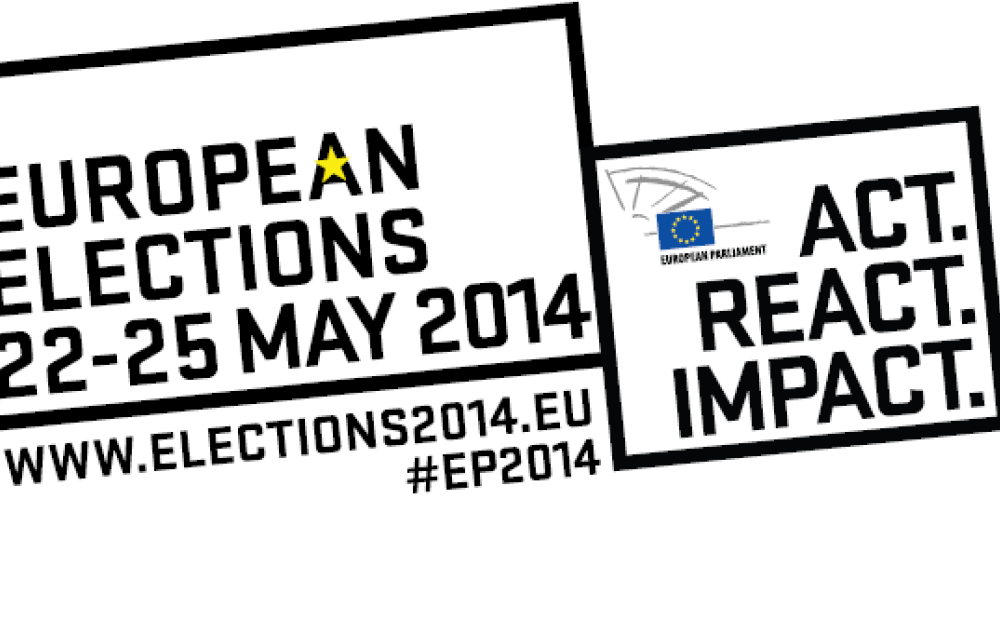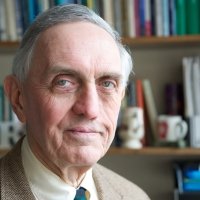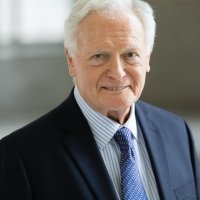After the European Elections: A Fresh Start for the EU & the Transatlantic Relationship?

This event is organized in cooperation with the European Parliament Liaison Office with the U.S. Congress
Two days after 500 million citizens in the 28 EU Member States cast their vote to elect the Members of the European Parliament, what lessons can we draw from the world's second-largest exercise in democracy? To what extent have extremism and euro-skepticism prevailed? What exactly will change in the governance of the European Union? Will the transatlantic relationship be affected by these developments, and, if so, how? The European Parliament Liaison Office with the U.S. Congress and the Global Europe Program at the Wilson Center are delighted to host an expert panel discussion on the latest state of play of the Washington-Brussels relationship.
Speakers

Visiting Fellow at the Robert Schuman Centre of the European University Institute, Florence and the Wissenschaftszentrum Berlin

Former Deputy and Associate Director, Woodrow Wilson Center; Former Director, West European Studies Program, Woodrow Wilson Center
Hosted By

Global Europe Program
The Global Europe Program is focused on Europe’s capabilities, and how it engages on critical global issues. We investigate European approaches to critical global issues. We examine Europe’s relations with Russia and Eurasia, China and the Indo-Pacific, the Middle East and Africa. Our initiatives include “Ukraine in Europe”—an examination of what it will take to make Ukraine’s European future a reality. But we also examine the role of NATO, the European Union and the OSCE, Europe’s energy security, transatlantic trade disputes, and challenges to democracy. The Global Europe Program’s staff, scholars-in-residence, and Global Fellows participate in seminars, policy study groups, and international conferences to provide analytical recommendations to policy makers and the media. Read more
